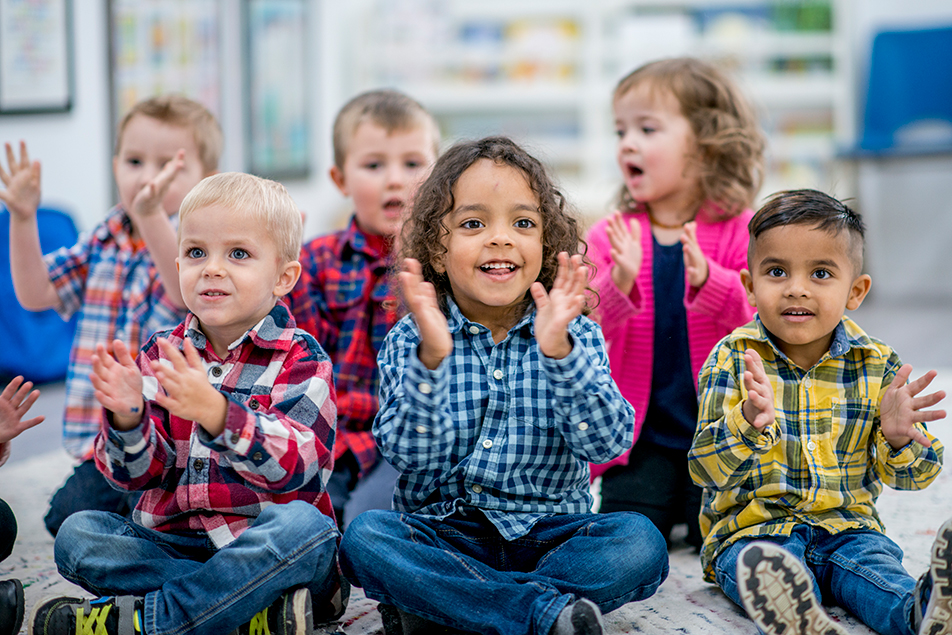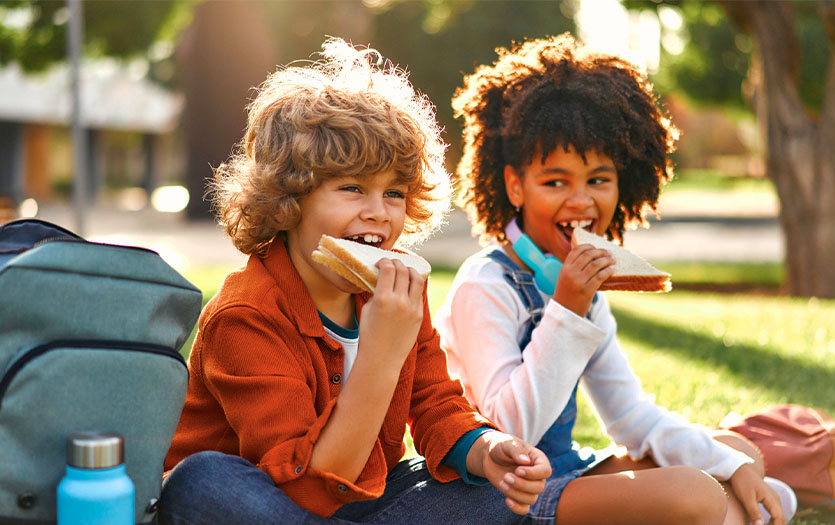
For many parents, childcare is essential in order to keep up with professional demands. But, given the state of COVID-19 instances in our country, is it safe? Reshma Khatri, MD, PPG – Pediatrics, offers her expert tips for working with your daycare provider to ensure that your little one is as protected as possible away from home.
Is it safe to send my child to daycare?
We are in the midst of a pandemic, a significant life-changing event. Every family will have different circumstances that will guide their decision for child care. Parents have to consider the safety precautions followed by their daycare and the medical condition of their child and other members of the family.
What questions should I be asking my daycare provider?
Parents should pose the following questions to their daycare provider:
- What are the general infection control policies including daily screening (temperature checks at daycare or home)?
- What are their protocols for disinfecting rooms/toys/books?
- How are they altering class sizes?
- Policy when a child is found to be sick at daycare – Is there an isolation room?
- What happens to the teacher who was taking care of the child?
- Are they following the requirements for testing and quarantine?
What can I do to help prevent the spread of COVID-19 at my child’s daycare?
Children with COVID-19 might only have mild symptoms, such as a sore throat, cough or mild fever. This might present like a common cold. If your child displays any of these symptoms, do not send your child to daycare. Parents should also make sure that their child’s vaccines are up to date.
If someone in your home has been diagnosed with COVID-19, please check with your healthcare provider regarding when it would be safe for your child to go to daycare. This is typically after 2 weeks of quarantine.
When possible, pack your child’s lunches at home and send them with a water bottle. Be sure to write their name on everything!
How can I prepare my child to return to daycare?
If you child is older than 2, explain why we have to use masks and make sure they have tried them on before sending them to daycare. You can try them on a favorite toy. Let them pick out colors or patterns. Teach them that they cannot share and/or touch another kid’s mask.
Explain and practice cleaning hands frequently and using hand sanitizer at home so this is not new for them. Make sure the daycare has provisions to label the sanitizers and masks. Store sanitizers safely to decrease chances of accidental ingestion. Teach children to cough into their sleeve or a tissue, and teach them to properly dispose of used tissues.
What should I do if my child has a pre-existing health condition or if a family member has a medical condition?
It’s important to check with your physician to see if it is safe to send your child. If your family circumstances force you to send your child to daycare, keep in mind that social distancing, small class sizes and hygiene are going to be of utmost importance. Once your child comes home, remove their shoes and clothing in a predetermined area of the home and wash the clothing immediately. Have the child shower before they are exposed to the rest of the family.
Other things to consider …
The medical community is still learning more about the immediate and long-term effects of the SARS COVID -19 virus. While family and medical circumstances are different for everyone, limiting exposure is key. Although the mortality in children has been 0.2 to 0.8%, the risk of spreading the disease to others in the family who might be at risk is very real.
Personal prevention practices such as maintaining physical distance, wearing masks that cover the mouth and nose for children older than 2 years old (in situations when unable to social distance) and excellent hand hygiene are imperative for limiting exposure. Every family will have to make the best decision based on the above information.
For more on back-to-school advice for school-age kids, read “Back to school anxiety? We have real guidance for parents and children”.



